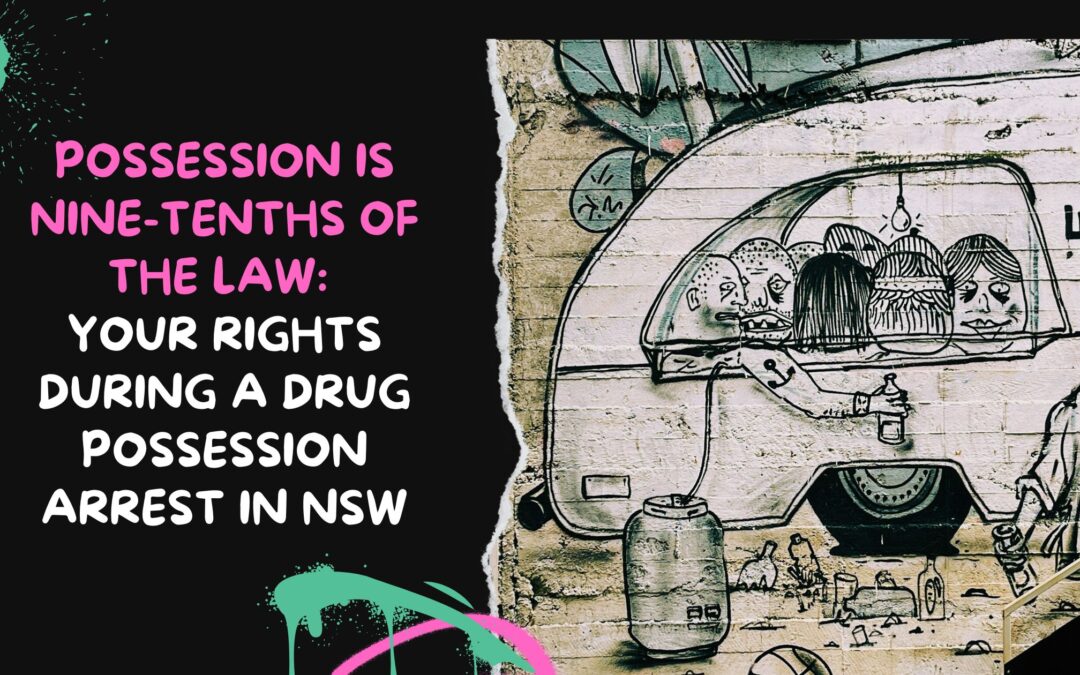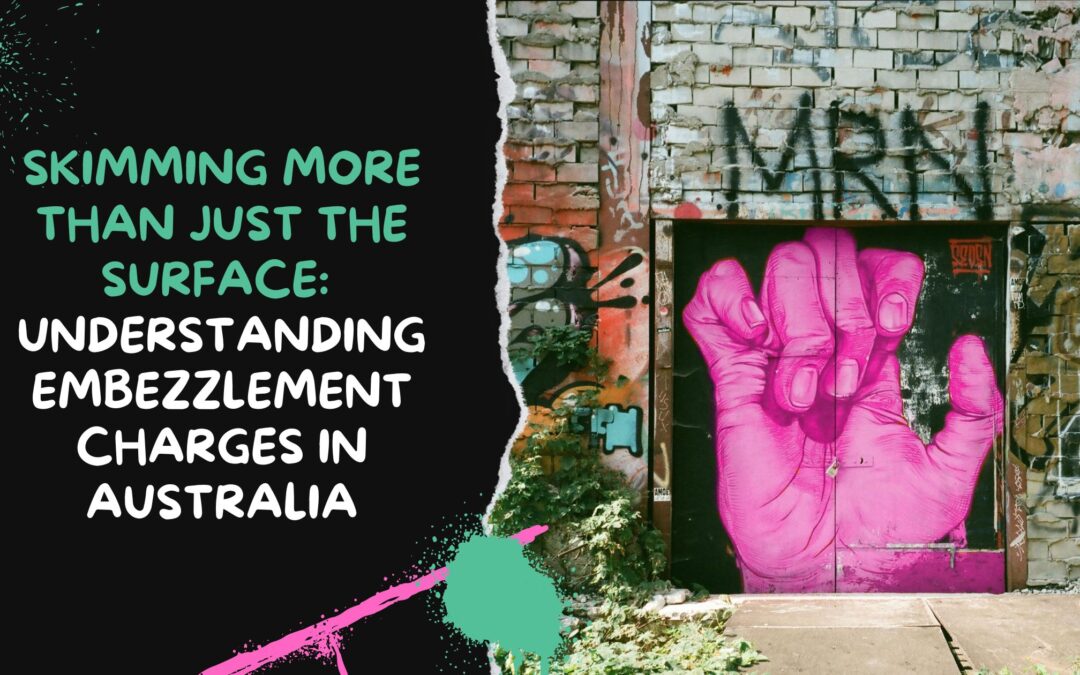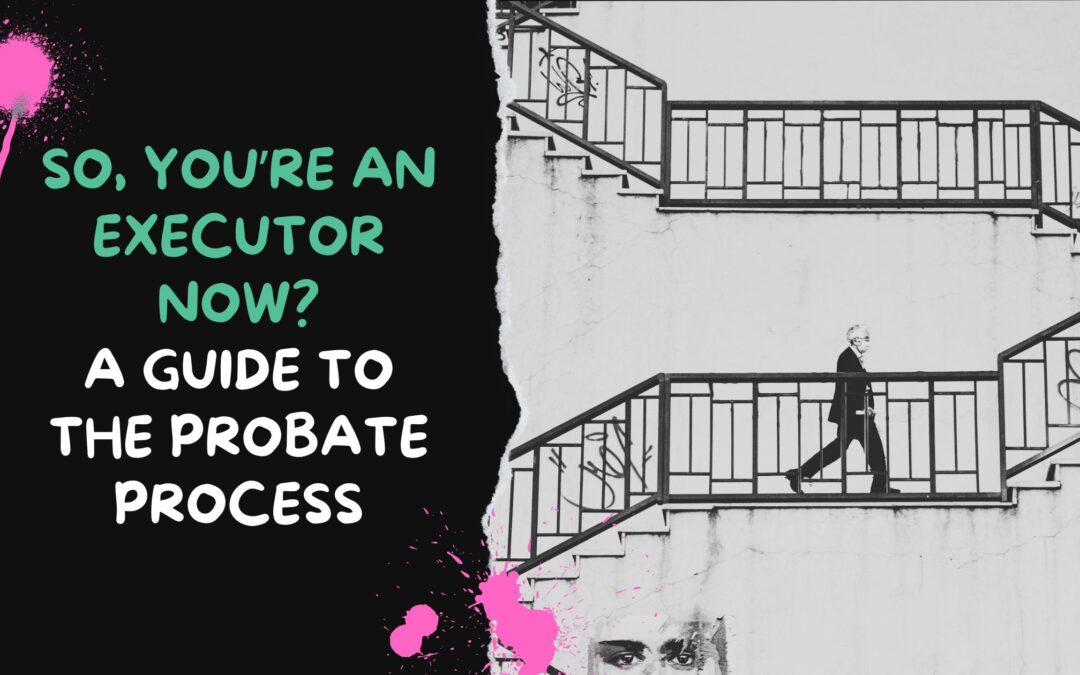Guy Sebastian‘s former manager, Titus Day, will be released from custody, seven months after he was imprisoned for embezzling more than $650,000 from the former X Factor judge.
In June last year, a New South Wales District Court Jury found the then 49-year-old guilty of 34 fraud charges and not guilty of a further 13 charges.
He was sentenced to up to four years in jail in November and ordered to repay approximately $624,000 which was said to have been fraudulently taken from Sebastian over eight years.
Day’s legal team appealed his convictions on Friday. On Monday, the NSW Court of Appeal found that one of the three appeal grounds was successful, and Mr. Day was granted bail. The successful point was that the Crown in their closing address reversed the onus of proof by making repeated comments about Mr. Day’s failure to give evidence. An accused person is not obliged to give any evidence in their defence and it the onus to prove the guilty of the offender lies squarely with the prosecution. It was successfully argued by Bret Walker SC that by repeatedly referring to Mr. Day’s failure to give evidence, that the Crown Prosecutor was reversing the onus of proof.
On Appeal, the Crown argued that these statements were cured by the Presiding Judge providing legal directions to the Jury, stating that Mr. Day was not required to give evidence and that the Jury could not infer any guilt in the choice not to do so. The Court of Appeal found this was not sufficient and found in favour of Mr. Day.
The Court of Appeal is still considering the other two grounds of the appeal relied on by Mr. Day and will provide their judgment and reasons in due course.
Day may now be subject to a retrial and will soon be released on bail after spending seven months behind bars.
Criminal Appeals in New South Wales
A person found guilty of a crime may be able to appeal their conviction and/or sentence. There are different types of criminal appeals, including:
- Severity appeal or sentence appeal: appealing against the harshness of the sentence imposed.
- Conviction appeal: appealing against the finding of guilt.
Local Court Appeal
If you have been convicted and sentenced in the Local Court, you have the right to appeal to the District Court. You can appeal your sentence, conviction, or both.
In a conviction appeal, the Judge will review the evidence tendered at the original hearing and read the transcript from the original hearing. They will then listen to submissions from the prosecution and your legal representative. Fresh evidence can only be tendered in a conviction appeal in specific circumstances and requires permission of the Court. The Judge may set aside the conviction against you, dismiss the appeal, or in certain circumstances send the matter to the Local Court for redetermination.
In a severity appeal, the Judge will review the sentence imposed by the Local Court, and fresh evidence may be given. The Judge will listen to submissions from the prosecution and your legal representative. After considering the submissions, the Judge may set aside the original sentence, vary the sentence, or dismiss the appeal. If the appeal is dismissed, your sentence will remain as the original sentence imposed in the Local Court. The appeal must be lodged within 28 days from the date you were sentenced.
District or Supreme Court Appeal
If the matter was heard in the District or Supreme Court, the conviction or sentence can be appealed to the NSW Court of Criminal Appeal. This is the highest Criminal Court in NSW. This is called an “indictable appeal” because it is an appeal of a matter heard on indictment. These types of appeals are more complex than appealing a Local Court decision.
The Court of Criminal Appeal can hear three types of appeals:
- A challenge to a conviction involving a question of law,
- A challenge to a conviction involving questions of fact alone, or mixed questions of fact and law, and
- A challenge to the severity or adequacy of a sentence.
The appellant must complete a Notice of Intention to Appeal (“NIA form”) and file it with the Court within 28 days of the conviction or sentence. The application is generally granted if the NIA form is lodged in time and has merit.
To be successful in a conviction appeal, the Court must decide that the verdict should be set aside because:
- It is unreasonable or cannot be supported by the evidence, or
- The law was misapplied, or
- There was otherwise a miscarriage of justice.
Appealing Decision of the NSW Court of Criminal Appeal
Decisions of the NSW Court of Criminal Appeal can, in specific and rare circumstances, be appealed to the High Court of Australia. This is the highest Court in the Australian judicial system. Criminal appeals only go to the High Court if there is a special reason why the case should be heard. The appellant needs to obtain the permission of the High Court to lodge an appeal.
Appeals can be complicated, particularly if you are convicted of an indictable offence. We can provide you with strategic advice and care when lodging an appeal. Please contact us on (02) 8080 7585 to arrange for a personal consultation.




